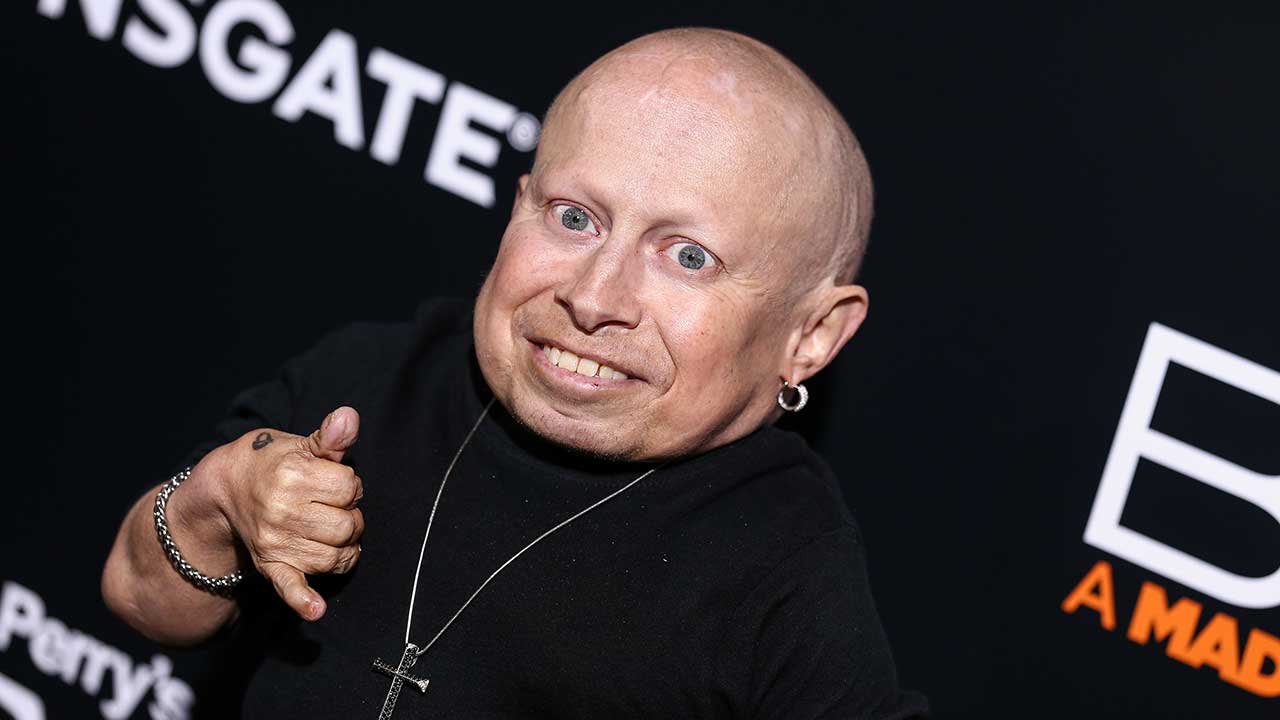Physicist Stephen Hawking dies at 76, family says

LOS ANGELES (KABC) -- Renowned physicist Stephen Hawking has died, family members announced Tuesday.
Hawking died at age 76 at his home in Cambridge, England.
His children Lucy, Robert and Tim issued a statement:
A cause of death was not immediately disclosed.
At age 21, Hawking was stricken by ALS that over time led to his paralysis, allowing him to communicate only with a device attached to his cheek muscle.
He survived more than 50 years and defied his health condition to publish groundbreaking works on theoretical physics that gave the world new insights into the creation of the universe.
Tributes began pouring in for Hawking from the worlds of science and pop culture.
As one of Isaac Newton's successors as Lucasian Professor of Mathematics at Cambridge University, Hawking was involved in the search for the great goal of physics - a "unified theory."
Such a theory would resolve the contradictions between Einstein's General Theory of Relativity, which describes the laws of gravity that govern the motion of large objects like planets, and the Theory of Quantum Mechanics, which deals with the world of subatomic particles.
For Hawking, the search was almost a religious quest - he said finding a "theory of everything" would allow mankind to "know the mind of God."
"A complete, consistent unified theory is only the first step: our goal is a complete understanding of the events around us, and of our own existence," he wrote in "A Brief History of Time."
In later years, though, he suggested a unified theory might not exist.
He followed up "A Brief History of Time" in 2001 with the more accessible sequel "The Universe in a Nutshell," updating readers on concepts like super gravity, naked singularities and the possibility of an 11-dimensional universe.
Hawking said belief in a God who intervenes in the universe "to make sure the good guys win or get rewarded in the next life" was wishful thinking.
"But one can't help asking the question: Why does the universe exist?" he said in 1991. "I don't know an operational way to give the question or the answer, if there is one, a meaning. But it bothers me."
The combination of his best-selling book and his almost total disability - for a while he could use a few fingers, later he could only tighten the muscles on his face - made him one of science's most recognizable faces.
He made cameo television appearances in "The Simpsons" and "Star Trek" and counted among his fans U2 guitarist The Edge, who attended a January 2002 celebration of Hawking's 60th birthday.
His early life was chronicled in the 2014 film "The Theory of Everything," with Eddie Redmayne winning the best actor Academy Award for his portrayal of the scientist. The film focused still more attention on Hawking's remarkable achievements.
The Associated Press contributed to this report.
IN MEMORIAM: Celebrities and notable figures who have recently passed away






























































































































